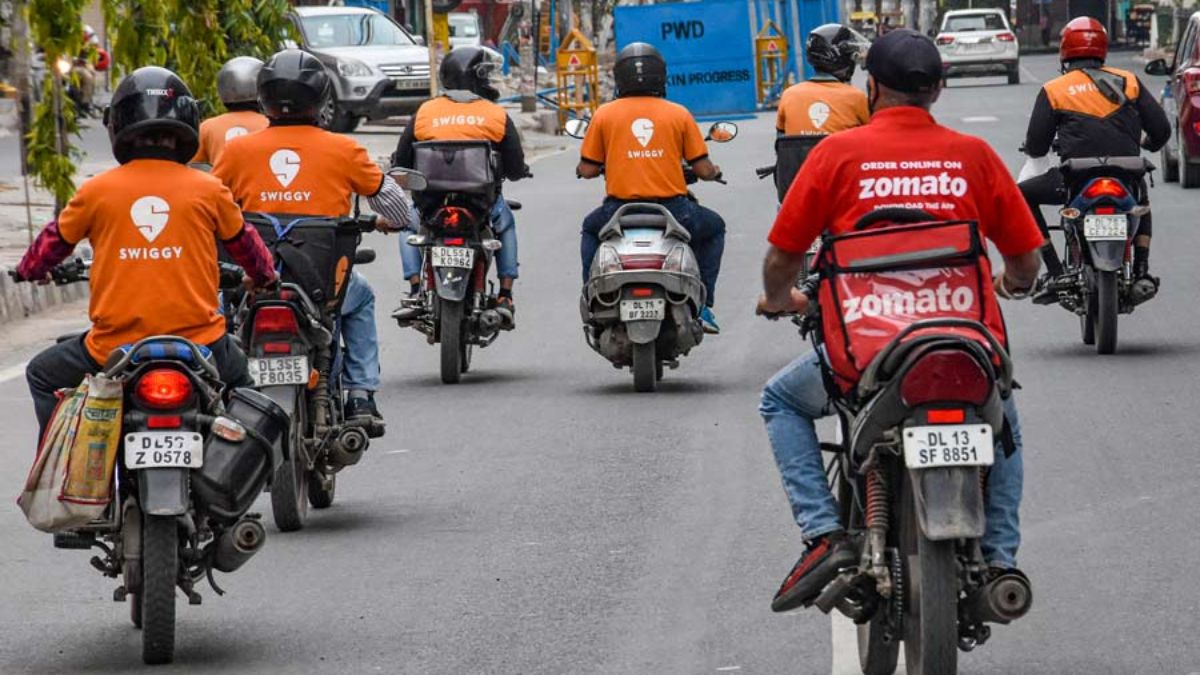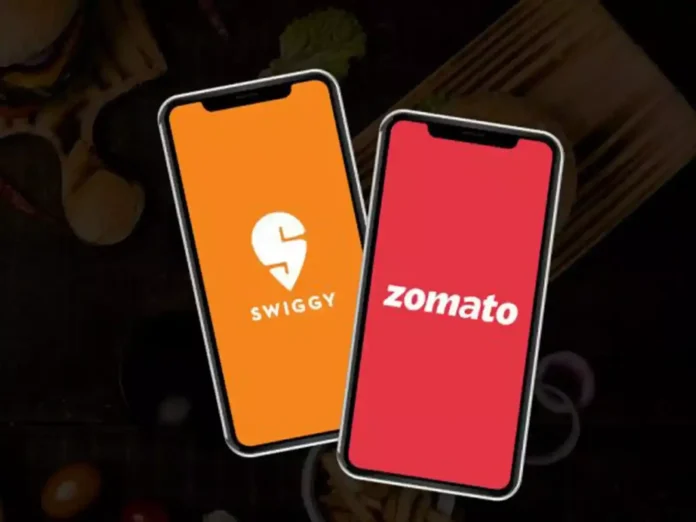India’s Competition Commission of India (CCI) has identified possible breaches of antitrust laws by major food delivery platforms Zomato and Swiggy. According to a Reuters report, the investigation by CCI suggests that both companies engaged in practices that may have prevented fair competition within the food delivery sector, potentially affecting the dynamics of the entire industry. This development comes as part of CCI’s commitment to ensuring a competitive marketplace, free from monopolistic practices.

Zomato’s “Exclusivity Contracts” With Lower Commissions
The investigation found that Zomato allegedly entered into exclusivity contracts with certain partner restaurants. Under these agreements, restaurants were incentivized to limit their business to Zomato’s platform in exchange for lower commission fees. By ensuring exclusivity, Zomato effectively limited the restaurants’ ability to collaborate with other delivery services, which can reduce choices for consumers and hinder fair market competition.
This practice, while beneficial for Zomato in terms of strengthening its hold on its customer base and restaurant partnerships, has raised concerns about its long-term implications on market health. Exclusivity agreements may restrict other delivery platforms from growing, thus potentially leading to monopolistic behavior and fewer choices for consumers, which contradicts CCI’s mandate for promoting competition.
Swiggy’s Growth Guarantees for Exclusive Listings
In a parallel finding, Swiggy was reported to have engaged in similar restrictive practices by guaranteeing growth opportunities to restaurants that agreed to list exclusively on its platform. Through such agreements, Swiggy promised a boost in visibility and potentially more orders for those who chose not to engage with competitors.
While Swiggy’s tactic provided advantages for select restaurants in the short term, CCI noted that these exclusivity clauses could also reduce competition by preventing restaurants from benefiting from multiple delivery channels. When restaurants are tied to one platform, it limits their reach and denies consumers the freedom to choose between various platforms for their dining preferences.
)
CCI’s View: Restricting Market Competitiveness
The Competition Commission of India concluded that the practices followed by both Zomato and Swiggy might be detrimental to a competitive market environment. In its findings, CCI emphasized that exclusivity contracts and growth guarantees, as seen in these cases, prevent new entrants from establishing a foothold in the food delivery industry. Furthermore, by creating artificial entry barriers, such practices discourage innovation and limit consumer choice, a direct violation of India’s competition law.
In a statement, CCI said these practices “prevent the market from becoming more competitive,” pointing to the need for a diverse market where new entrants can participate and thrive without being stifled by the dominance of established players. The findings also suggest that Zomato and Swiggy may need to reassess their business models to comply with competition laws and encourage a level playing field.
Industry Repercussions and Legal Ramifications
The investigation and its findings could lead to substantial repercussions for Zomato and Swiggy, which dominate India’s food delivery sector. If CCI proceeds with action, it may impose fines, mandate corrective measures, or impose operational restrictions on both companies. This case sets a precedent, potentially affecting how food delivery services operate in the future by discouraging similar restrictive agreements.
For the industry, this scrutiny by CCI sends a clear message that practices restricting fair competition will be thoroughly examined. Such regulatory oversight could encourage other players to adopt fairer, less restrictive practices, benefiting restaurants and consumers alike. For smaller or emerging players in the food delivery market, this action could also mean a more favorable environment where they are not disadvantaged by exclusive agreements with major players.

Future of Food Delivery in India
As India’s food delivery landscape continues to grow, regulatory scrutiny is likely to play a bigger role in shaping the practices of leading companies like Zomato and Swiggy. Both companies have shown impressive growth over recent years, but if they want to maintain their leadership positions, they may need to revise strategies to ensure compliance with antitrust laws. Moving forward, platforms may need to offer greater transparency in their partnership models and avoid practices that could limit competition.
This case underscores the importance of regulatory checks in maintaining a competitive market environment, especially in rapidly growing digital sectors like food delivery. The CCI’s findings, if enforced, could lead to a shift towards more equitable practices in the industry, where consumer interests are prioritized, and no single player can monopolize market opportunities.
A Turning Point for Fair Play in Food Delivery
The CCI investigation into Zomato and Swiggy’s practices has brought to light the challenges of maintaining fair competition in India’s burgeoning food delivery industry. For consumers and small restaurants, this regulatory intervention could mean better choices and fairer access to market opportunities. As Zomato and Swiggy navigate this legal hurdle, the outcome of this case may ultimately redefine industry norms, ensuring a more balanced ecosystem where competition thrives, benefiting all stakeholders involved.

